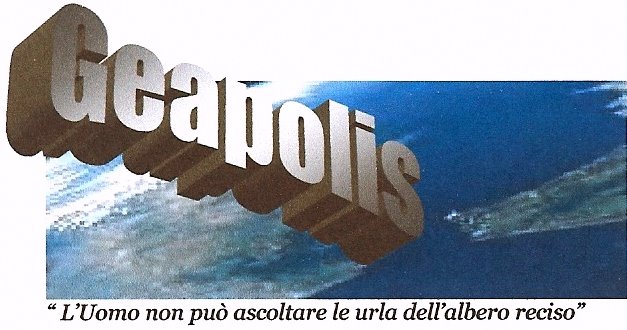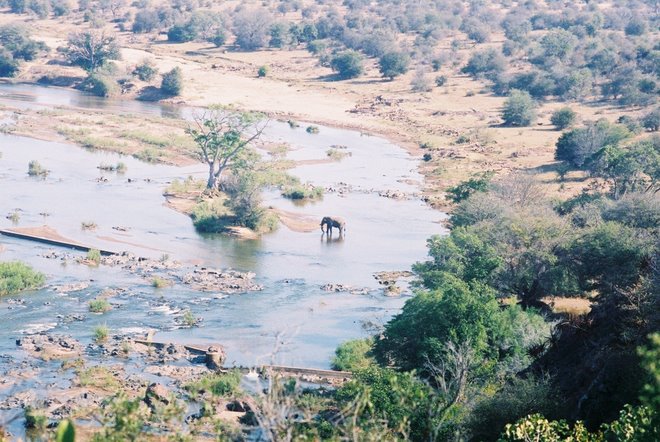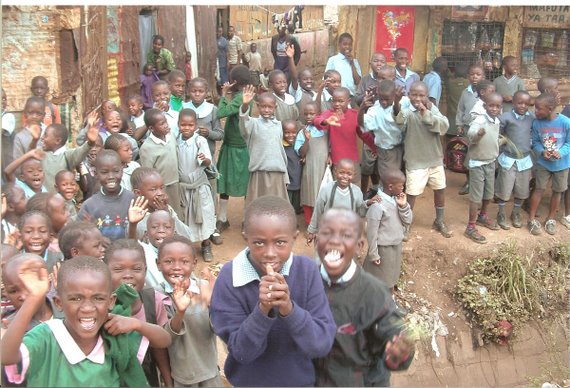
La fabbrica dei biscotti di fango
Con la costante crescita dei prezzi del cibo, i più poveri a Haiti non possono comprare neanche un pugno di riso, così sono costretti a ricorrere ad un antico rimedio tradizionale: biscotti fatti di fango per non morire di fame. Il fango veniva anticamente utilizzato dalle donne incinte e dai bambini come antiacido e come importante fonte di calcio. Adesso per molti è il pane quotidiano. Due tazze di riso costano 60 centesimi, il 50% in più rispetto al 2007 in un paese dove l'80% della popolazione vive con meno di 2 dollari al giorno e solo una piccola elite controlla l'economia. Così alle donne non resta che comprare il fango e ricavarne, con 5 dollari, 100 biscotti che, lavorati con acqua e sale e lasciati seccare al sole, possano poi essere venduti al mercati o consumati in famiglia. La Fao (Food and Agriculture Organisation) ha dichiarato l'isola caraibica in stato di emergenza. ( da Rainews24)


















